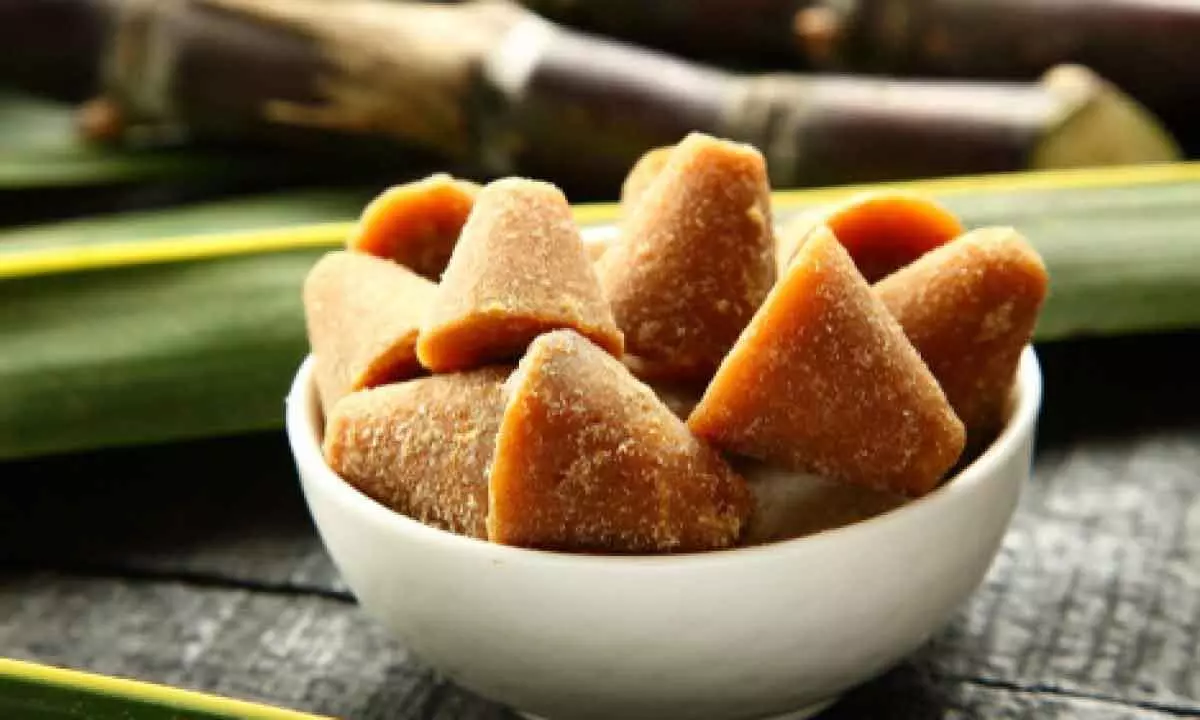Jaggery and its anti-pollution properties
Share :

In the contemporary world, where pollution has ingrained itself as an unwanted part of our everyday existence, our bodies are constantly fighting the damaging effects of environmental pollutants. While masks and air purifiers are common protective measures, one often-ignored but effective line of defense is what we choose to eat.
Shuchi Jain, Founder of Zimero said, "When holiday seasons kick off, they frequently bring with them a unique set of environmental difficulties. Hazardous air pollutants, including sulfur dioxide, particulate matter, and heavy metals, are released into the atmosphere when firecrackers are set off during celebrations. These pollutants can seriously harm people's health, particularly those who have respiratory disorders and vulnerable groups like the elderly and children.
Many people experience respiratory distress as a result of the increase in air pollution around Diwali. Asthma and bronchitis can worsen when fireworks release fine particulate matter that can enter the lungs and penetrate deeply. Diwali celebrations can cause oxidative stress in the body due to the pollutants released into the air. This stress can result in inflammation and cellular damage because of an imbalance between free radicals and antioxidants."
For centuries, jaggery—a natural sweetener made from concentrated sugarcane juice—has been an essential component of traditional medicine. Rich in vital minerals like iron, magnesium, and potassium, jaggery has anti-inflammatory and antioxidant qualities that greatly aid in preventing damage from pollution.
"The amazing benefits of jaggery for respiratory health are among its most notable qualities. Jaggery is a natural respiratory tract cleanser that is beneficial in contaminated environments where airborne particles can cause serious lung damage. It aids in removing toxins and pollutants, lowering the chance of respiratory problems brought on by extended exposure to contaminated air," said Shuchi.
"Jaggery is powerful as a nutritional tank and works wonders to strengthen our disease resistance. The body needs a strong immune system to protect it from oxidative stress brought on by environmental contaminants. Thus, regular jaggery consumption can help improve the body's overall capacity to fight health issues caused by pollution."
Shuchi asserts that beyond helping with breathing, jaggery facilitates detoxification. "It helps the liver eliminate toxins from the body, which is especially important when exposed to different types of pollution, such as industrial waste and car emissions."
It is critical to investigate comprehensive strategies that go beyond traditional solutions as we navigate the problems caused by pollution, particularly during the holiday season. In this quest for well-being, jaggery assumes a central role thanks to its well-established health advantages.







